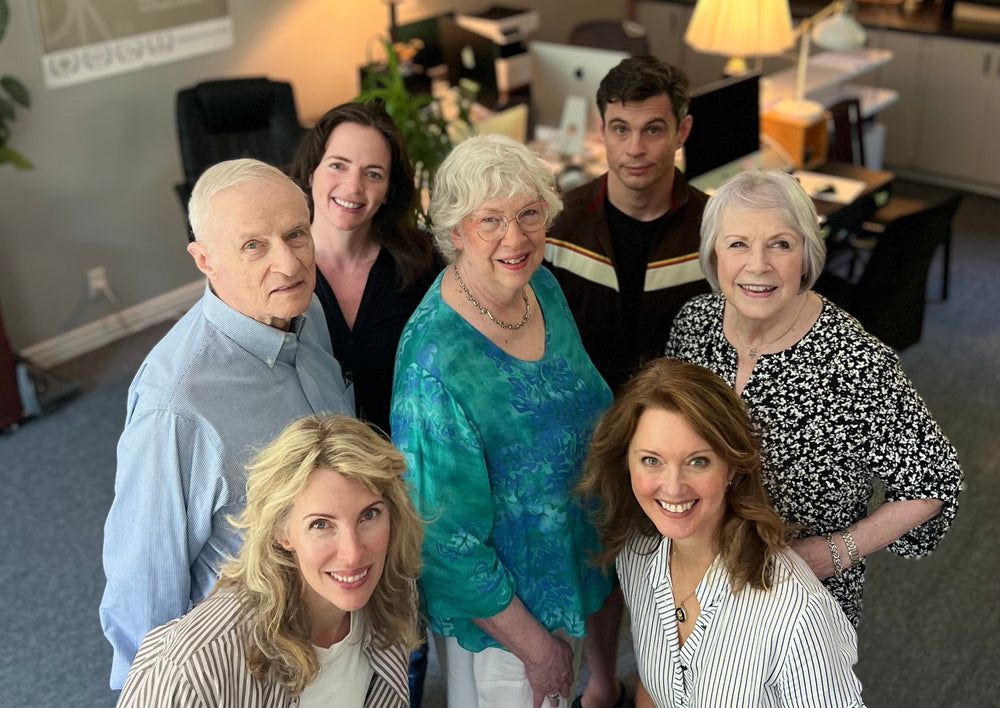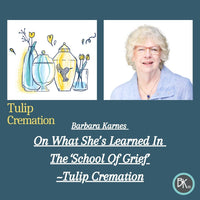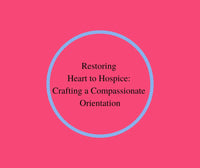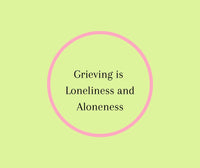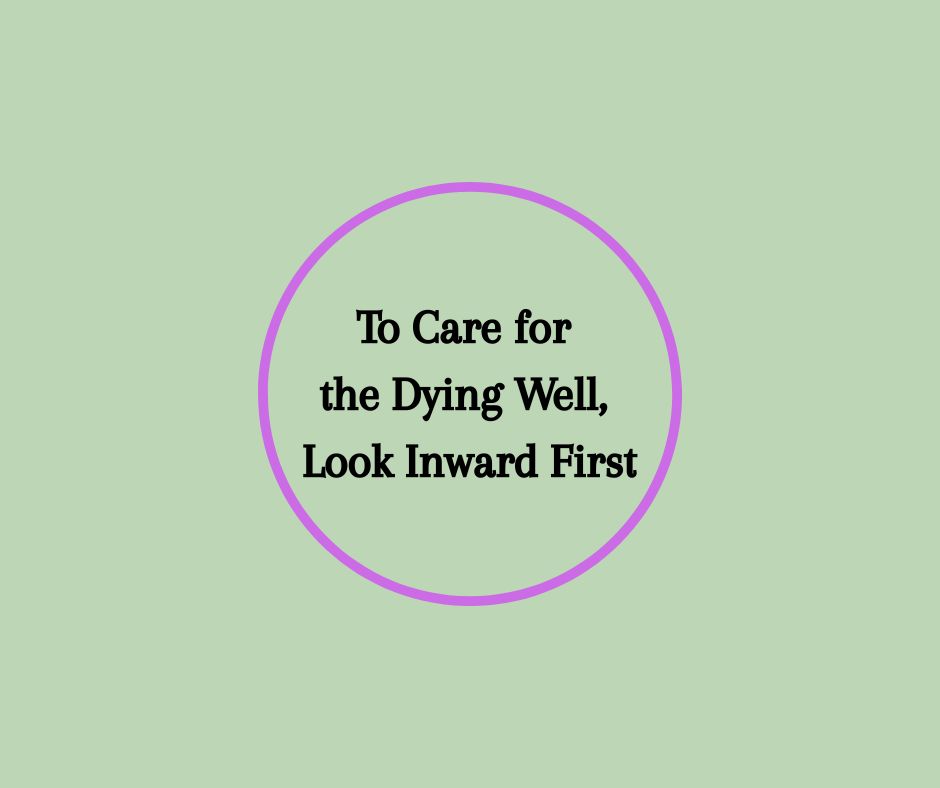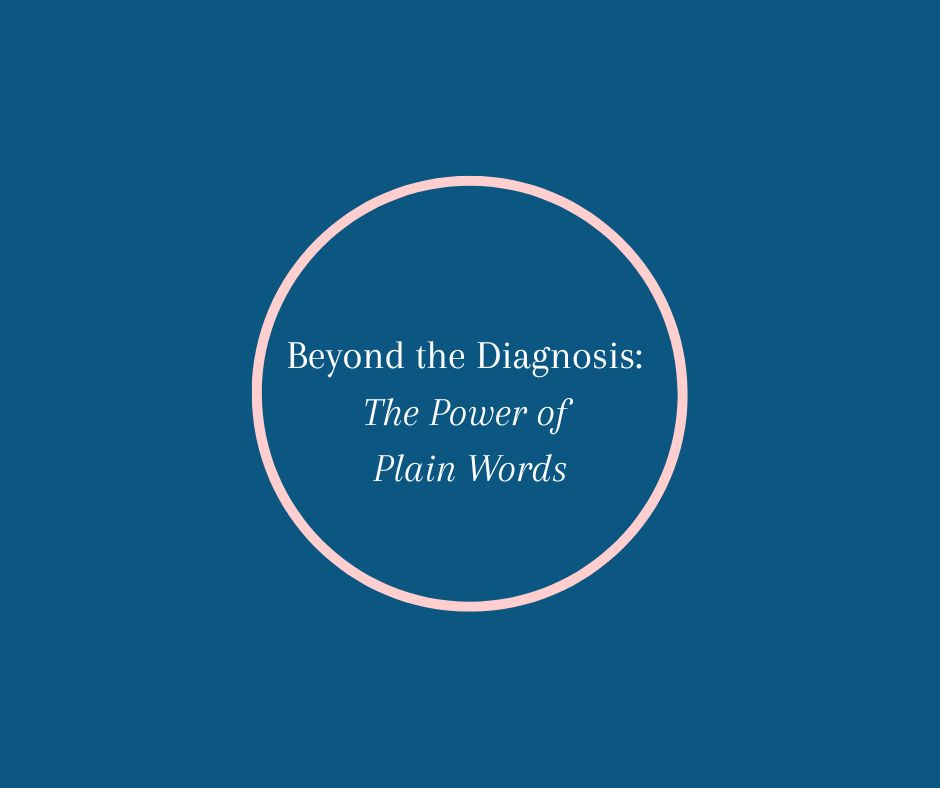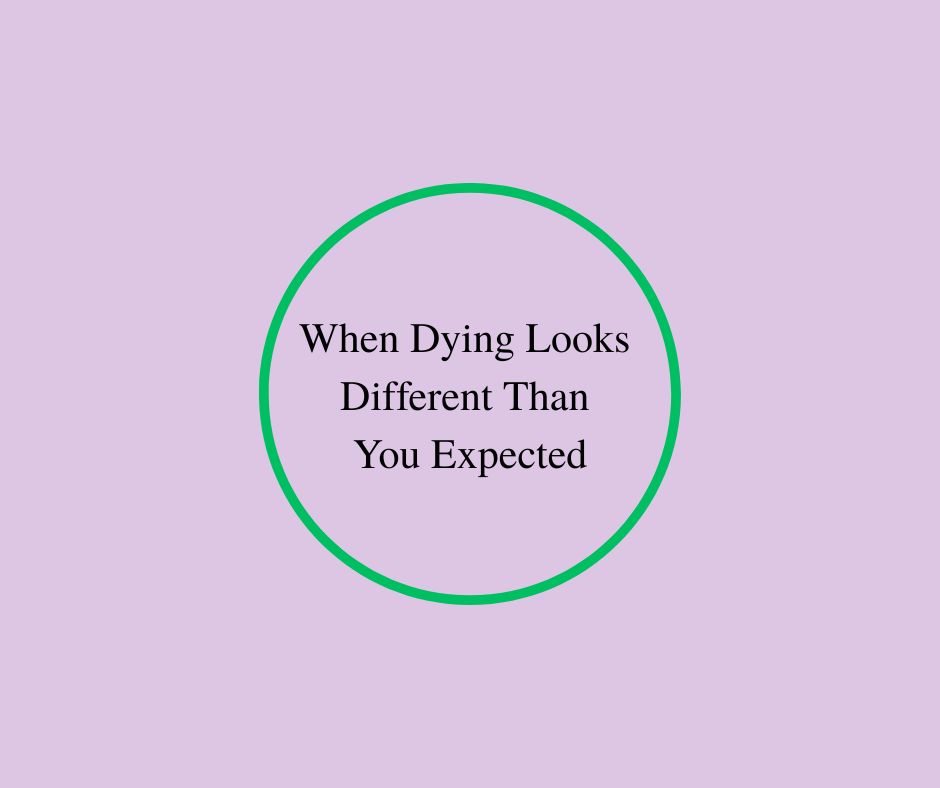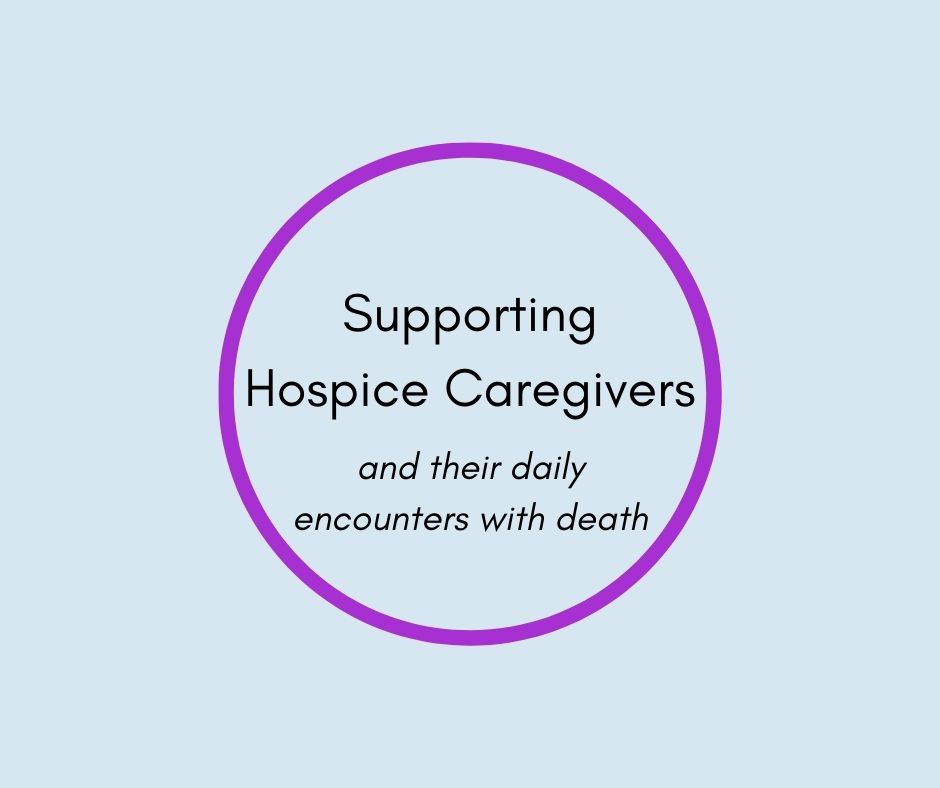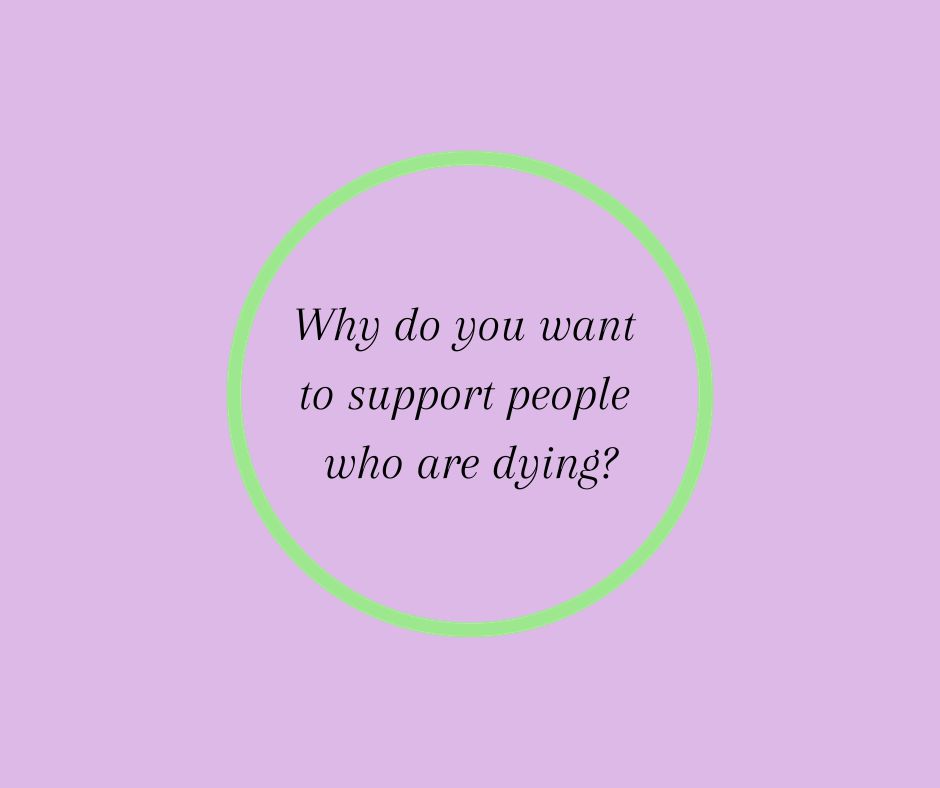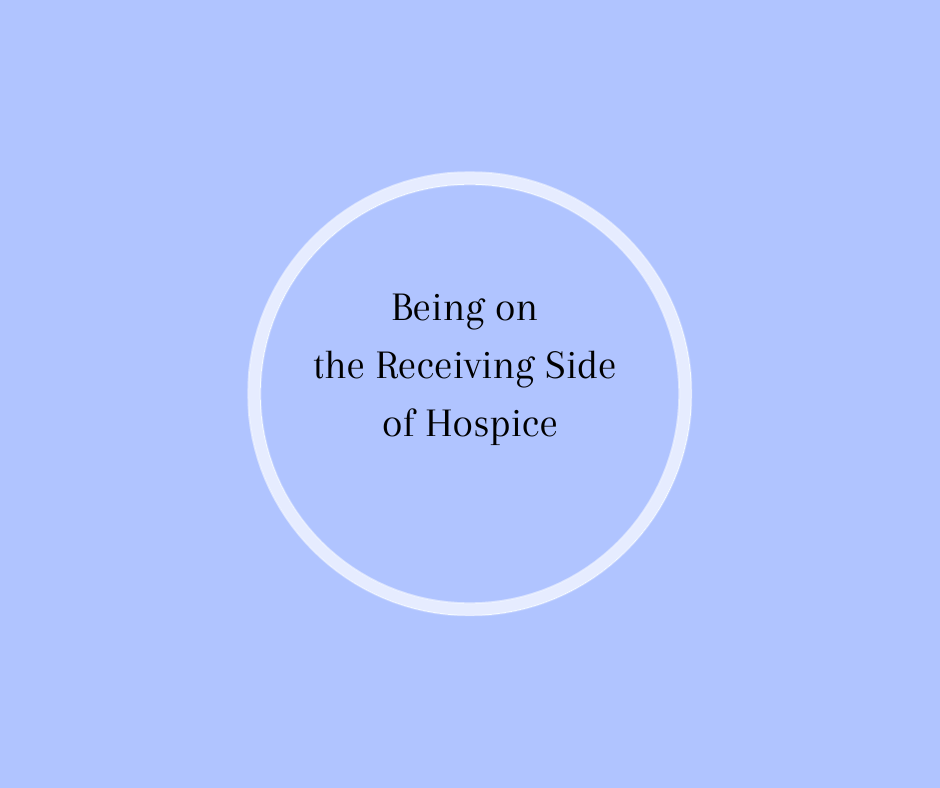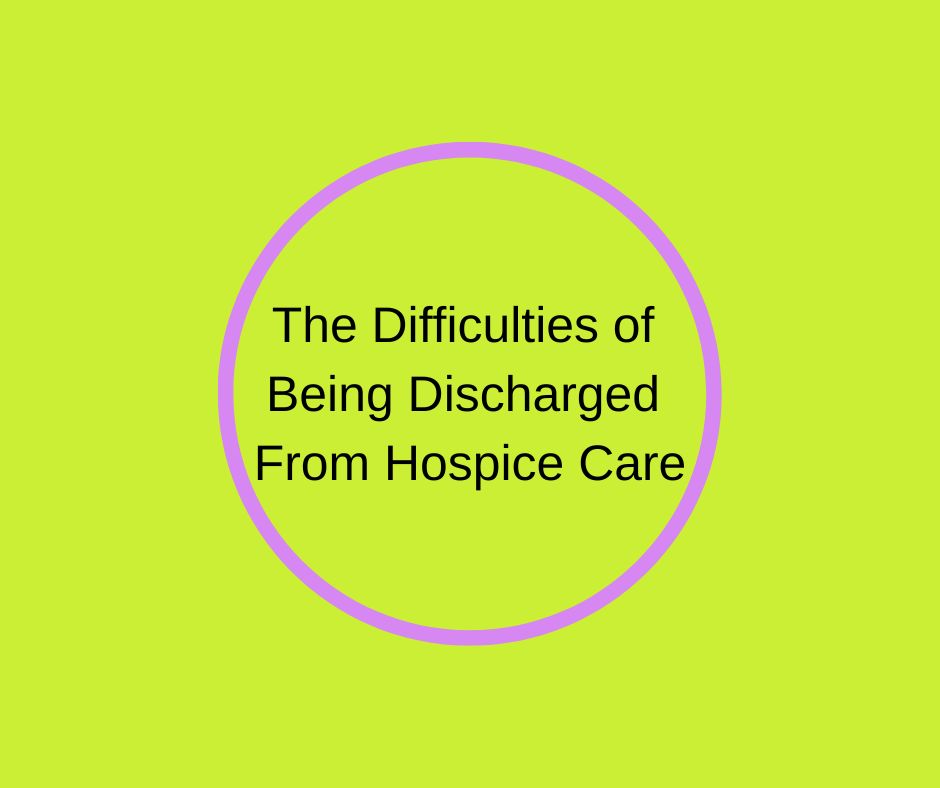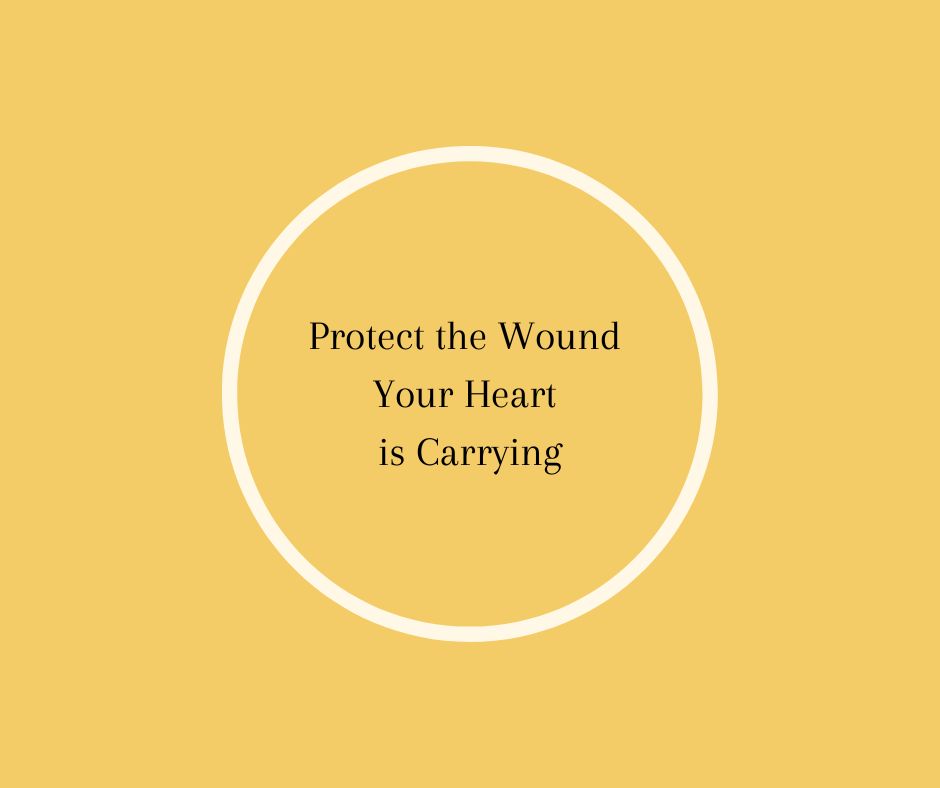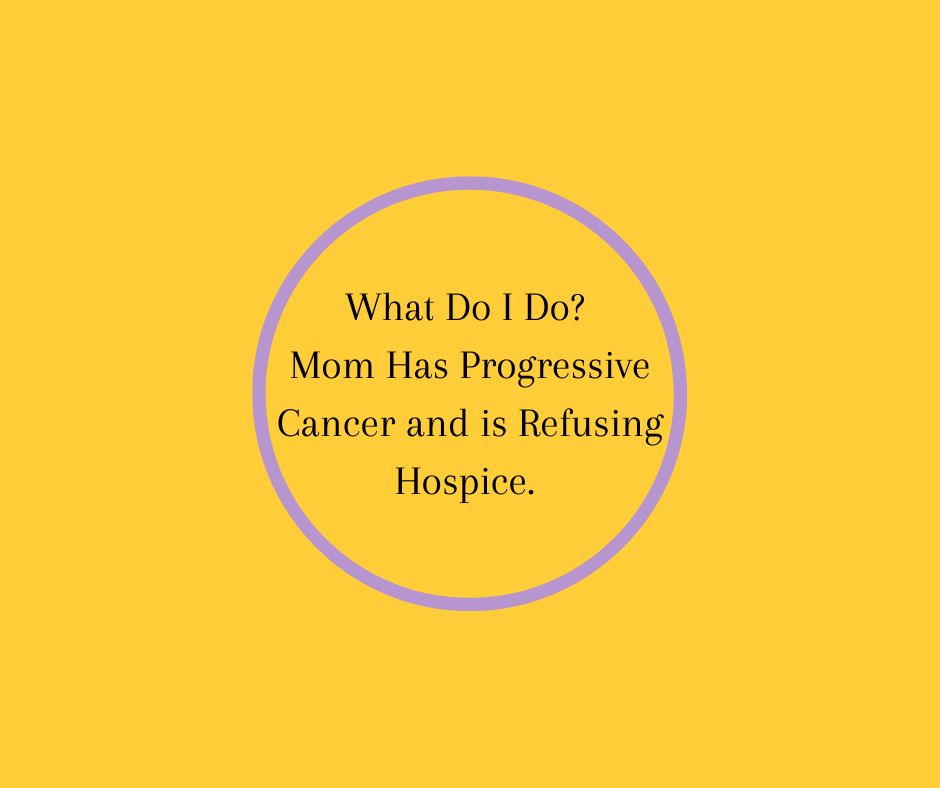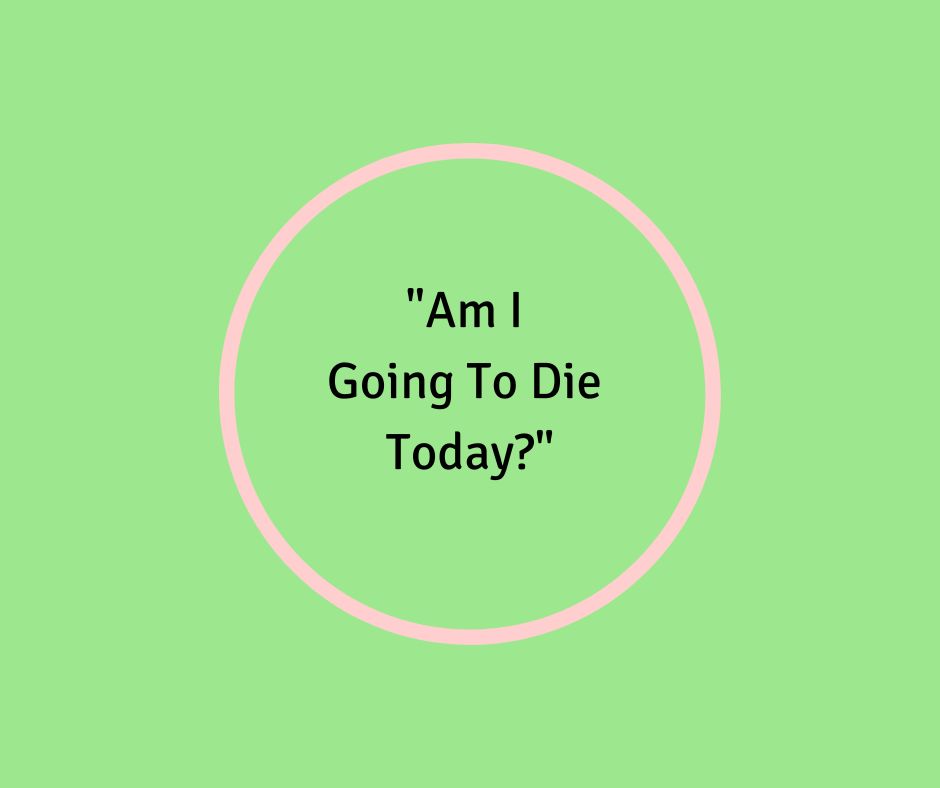
Something to Think About
a blog on end of life
- All posts
- addiction
- advance directive
- alzheimers
- Anger
- anticipation
- anticipatory grief
- Approaching Death
- assisted care
- assisted death
- Assisted Living
- Barbara Karnes
- bereaved
- Bereavement
- burnout
- BY YOUR SIDE A Guide for Caring for the Dying at Home
- cancer
- caregiver
- caregiver fatigue
- caregiver support
- caregiving at end of life
- children
- Clinician
- cna
- comfort care
- communication
- covid 19
- Dame Cicely Saunders
- Death
- death and dying
- death awareness
- death cafe
- death call
- death care
- death doula
- death education
- death midwife
- death of a pet
- death ritual
- dementia
- dementia doula
- diagnosis
- Director of Education
- disease
- DNR
- doctors
- dying
- dying looks different than expected
- dying pet
- dying process
- Dynamics of Dying
- Eating or not eating
- elderly
- Elisabeth Kubler-Ross
- end of life
- end of life doula
- end of life education
- end of life planning
- estate planning
- euthanasia
- family
- family caregiver
- father
- Fear
- Feeding
- Financial records
- Food
- food at end of life
- Funeral
- gift
- Gone From My Sight
- graduating from hospice
- gratitude
- Grief
- Grief Counselor
- grief support
- grieving
- Guilt
- holidays
- Home Care
- home death
- home health
- home healthcare
- Hospice
- Hospice Blue Book
- hospice care
- hospice chaplain
- hospice education
- hospice end of life care
- hospice for pets
- hospice myths
- hospice nurse
- hospice nurses
- hospice patient
- hospice physician
- hospice referral
- Hospice Social Worker
- Hospice Staff
- hospice volunteer
- hospice volunteer training
- hospital
- How Do I Know You ?
- How Do I Know You? Dementia at the End of Life
- Hydration or dehydration
- infant death
- joy
- labor
- labor at end of life
- labor to be born
- life limiting
- life support
- loss
- media
- Medicade
- medical visits
- Medicare
- medication
- medications
- memory care
- midwife
- mindfulness
- moment of death
- morphine
- mother
- My Friend I Care
- narcotics
- New Rules For End Of Life Care
- No Code
- Not Eating
- nurse
- nurses aide
- Nursing facility
- Nursing home
- nutrition
- Old Age
- older pet
- orientation
- oxygen
- pain
- pain at end of life
- pain management
- pain relief
- palliative care
- palliative sedation
- pandemic
- peace
- personality
- Pet death
- Pet illness
- physician
- podcast
- POLST
- prepare for death
- quality of life
- religion
- Retirement Home
- ritual bath
- RN
- sacred
- self care
- seniors
- signs of approaching death
- sleep
- Social Worker
- socialization
- spanish grief literature
- stages of grief
- sudden death
- Suicide
- Supervisors
- support
- terminal
- terminal agitation
- terminal diagnosis
- terminal illness
- terminal restlessness
- The Eleventh Hour
- The Final Act of Living
- This Is How People Die
- Time
- Time of Death
- trauma
- treatments
- vigil
- visions
- volunteer
- volunteers
- washing the body
- widow
- widowhood
- wife
- Will
- You Need Care Too
Most people, if they had their choice, would want to be in their home with family and the dog or cat on the bed when they die. YET, most people...
I’ve noticed people are hesitant to talk about the person that died or use their name...
We enter peoples’ lives as professionals. We are knowledgeable, supportive, caring, and personable. However, we are not best friends, we are not even friends, really.
Working with end of life in the medical field often leaves us feeling like outliers. The medical model is to fix people. Working with dying generally isn’t addressed in training. (It’s...
support people who are dyingBeing involved with end of life care is not something most people want to do, so what brings you?
Once we get up the courage to call hospice, we want to see you immediately. Actually, we needed to see you, hear your guidance and advice, and receive your services yesterday. Families...
Now I have to learn how to be a widow. How to create a new life, a new way of being. I am truly alone.
Death has touched us all, some more recently than others. Grief has no actual timeline, no end point where we are suddenly “fine”. Each of us responds to our loss...
The physician is frontline, the top of the pyramid in healthcare. All care follows from there. The physician can set the tone for the entire patient experience.
Why is the patient being discharged, you ask? Is it because the patient just didn’t decline as rapidly as expected? Yes, that can be the situation...
Grief is like an open wound. When we healthcare workers experience a personal loss, every patient scrapes open our own wound of personal grief.
The role of any end of life worker is to begin teaching immediately, on the first visit -- teaching about approaching death, what to look for, and what to do. That’s...
Our role models from movies and TV show us that dying is gentle, often poetic, certainly not scary or messy. Movies make dying look comfortable.
As caregivers, we want so much to do the “right thing” for our special person. We know death is coming but still try to do all we can to stop...
I knew all the signs of approaching death, of labor beginning. What I didn’t know was how much we don’t want to see those signs, and by not wanting to see them,...
Addressing the timelines of approaching death also neutralizes the false hope that our person will get better, that there is more time.
Tell her honestly what you are feeling and ask for help. Just FYI: she can sign on for hospice and if she felt she needed to go to the emergency...
When we begin the gradual dying process our personality tends to intensify. If we are an angry person we will get angrier. If we have a gentle personality we will...
Not everyone who is dying has pain. Disease causes pain. If pain is not present, a narcotic is not appropriate (except a tiny bit can ease labored breathing is present...
When doctors and healthcare professionals place a number on how long someone has to live they are doing that person a disservice.
We start off alone, then we have Mom and Dad, then family, friends, then the world of school, activities,and involvement in the bigger world around us. When we are leaving, we...




